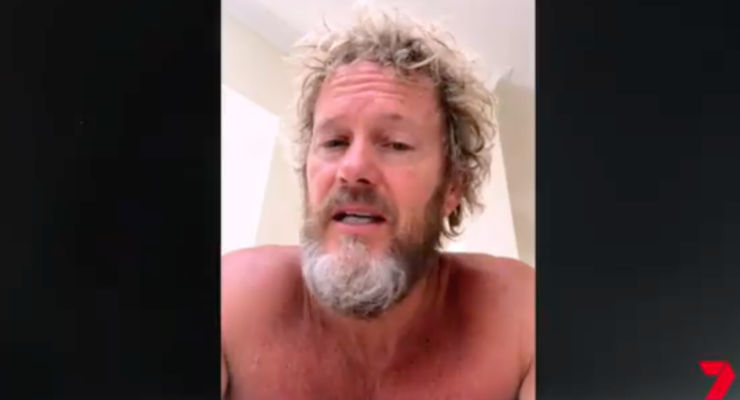
The courtroom is no place to protect reputation. And a court case can make reputational damage even worse. Just ask Peter V’landys, CEO of Racing NSW, whose failed defamation action against the ABC was reported in Crikey last week.
At the same time, his courtroom loss is a stark reminder that you need a very good strategic reason before agreeing to a television interview.
V’Landys appeared on 7.30 to discuss animal welfare reform in the racing industry and to defend the seemingly remarkable claim that about 99% of “retired” racehorses are successfully rehomed. Unfortunately, the ABC was ready with data and shocking footage to show the extent of the slaughter of racehorses.
He lost his action for defamation and became just the latest person to learn that legal proceedings alone won’t protect a reputation — even if you “win”.
We don’t know what legal advice V’Landys was given, but we do know there is sometimes a yawning chasm between a legal opinion and wise communication counsel.
Research for my book Crisis Counsel: Navigating Legal and Communication Conflict revealed that conflict between lawyers and communicators is declining but is still very real.
Interviews with experienced lawyers in Australia and New Zealand, as well Canada, the United States and Britain, showed they generally agreed it’s best to work “hand in glove” with communicators. Indeed several conceded that “legal is only ever one input into the way you deal with a crisis”.
One, when asked what would be their specific message to communicators, said: “Always challenge a legal view which is so constrained that it will damage the client’s reputation.”
Perhaps that’s a discussion which should have taken place before V’Landys decided to sue.
Putting forward a defamation case is a gamble on your reputation, no matter the outcome. Look no further than the long-term career damage suffered by actors Geoffrey Rush, Craig McLachlan and Johnny Depp.
Similarly, the idea that you can go on television to defend your reputation is also a high-stakes strategy.
Just last week McLachlan starred in a television special apparently intended to tell his side of the story in an ongoing defamation case and, presumably, to save his career. But the only upside seems to have been the reported $200,000 appearance fee.
That same broad motivation was apparently behind the ill-advised decision by gardening guru Don Burke, who went on TV in 2019 to deny allegations of inappropriate behaviour. Instead the broadcast led directly to him being sued for defamation. Burke “won” the case, but his reputation was irretrievably damaged.
And who will ever forget when Prince Andrew made the astonishingly unwise decision to voluntarily go on TV to discuss his association with convicted sex-offender Jeffrey Epstein. He reportedly expected it would “draw a line” under the controversy, but he was demonstrably ill-prepared for the most obvious questions and the predictable outcry after the interview forced him to withdraw from all royal duties. PR Week called it “a master class in PR disasters”.
As in the other cases, we don’t know what legal counsel the prince received beforehand, if any — but we do know that his communications adviser warned him against this folly and resigned when his counsel was ignored.
Today it stands as a high-profile reminder that the court of law and the court of public opinion (via television) are simply no places to effectively defend a damaged reputation.
Tony Jaques is an expert on issue and crisis management and risk communication. He is CEO of Melbourne-based consultancy Issue Outcomes and his latest book is Crisis Counsel: Navigating Legal and Communication Conflict.








Crikey encourages robust conversations on our website. However, we’re a small team, so sometimes we have to reluctantly turn comments off due to legal risk. Thanks for your understanding and in the meantime, have a read of our moderation guidelines.